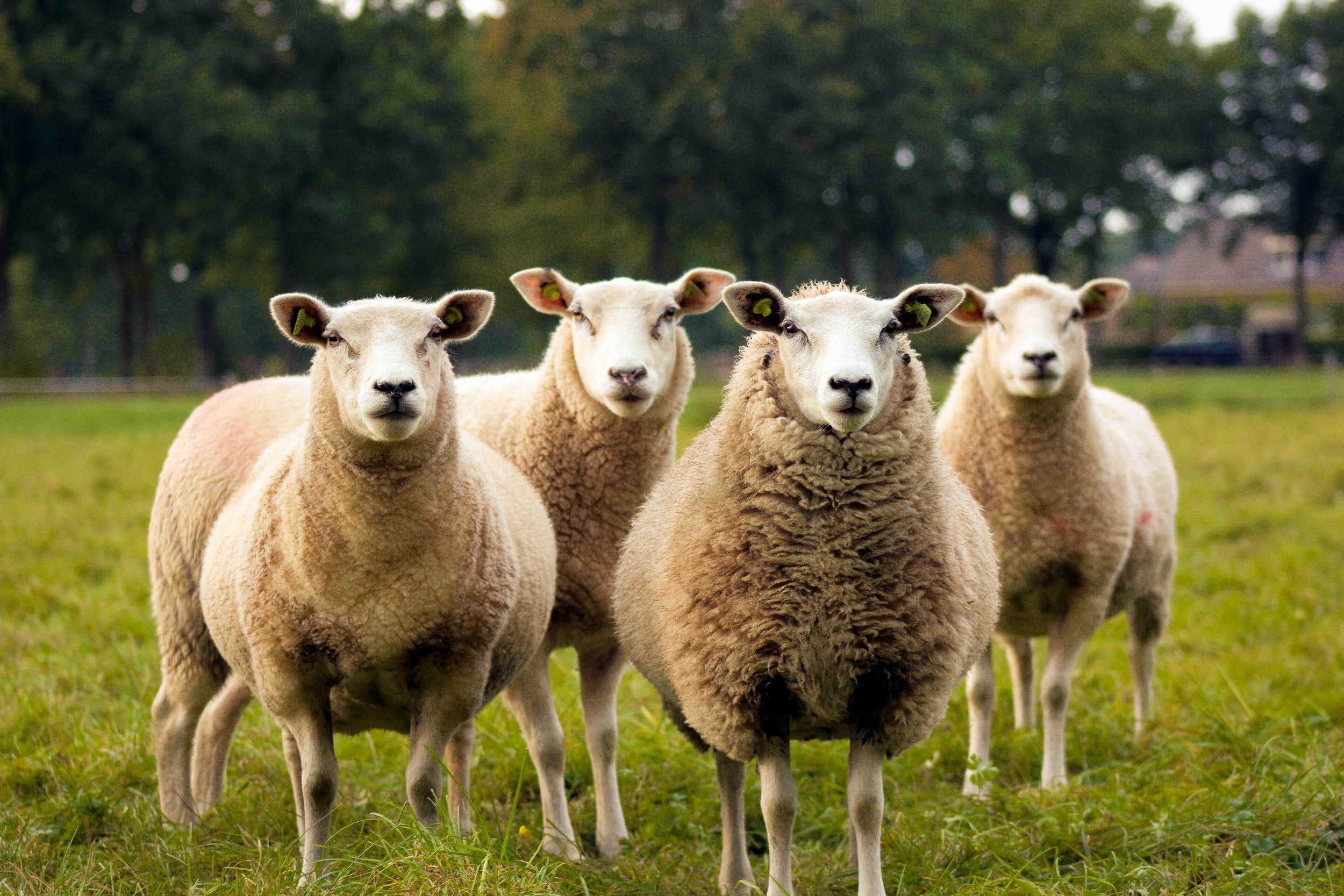International Animal Rights Day: What Are Animals Rights?
December 10th is more commonly recognized as Human Rights Day, a day honoring the proclamation and adoption of the Universal Declaration of Human Rights in 1948. But December 10th is also International Animal Rights Day, and this was an intentional choice. Animal rights supporters argue that just as humans have inherent rights regarding freedom and choice, animals should have those rights, too.
Here’s a look at animal rights, how they relate to animal welfare, and how animal rights have progressed over the years.
What Are Animal Rights?
The philosophy of animal rights is that animals have moral worth and should be allowed to live free from human exploitation. This animal rights definition includes animals’ freedom from human uses for food and entertainment. The concept is primarily concerned with autonomy, allowing animals to have choice regarding their own circumstances and behavior.
Animal rights is often confused with animal welfare. However, animal welfare and rights are two distinct ethical positions. While animal welfare advocates for the health and safety of animals under human care, animal rights dictates that animals should not be under human care to begin with.
Even with that underlying difference, animal welfare initiatives and animal rights initiatives may sometimes work in tandem. Both approaches have the common goal of increased animal protections. While an animal rights supporter would prefer to see chickens not slaughtered for food at all, for example, they would nonetheless likely advocate for better treatment of those chickens while captivity is still ongoing. Instances like these are why progress for animal welfare and animal rights can often coincide, as we’ll see below.
The Animal Rights Movement
The history of animal rights is convoluted, but is often traced back to Richard Ryer’s coining of the term “speciesism” in 1970. Speciesism refers to a feeling of human superiority over other species, often leading to exploitation. Because exploitation goes against animal rights, efforts to stop or lessen exploitation are often considered to fall under the umbrella of animal rights.
In that sense, although animal rights have not been passed as law, legislations such as the Animal Welfare Act, the Endangered Species Act, and the Preventing Animal Cruelty and Torture Act can all be seen as progress. Despite this, many animal rights issues remain, particularly surrounding animals exploited in the food system or for research purposes.
While animal rights may be a contentious concept, its push for better animal protection and treatment is a common goal that many other groups of people support. Whether you’re concerned with animal rights, public health, or climate change, animal health is a crucial consideration in every case.
Here at International Veterinary Outreach (IVO), we want to improve the lives of people and animals worldwide, and you can help us do it! Support our international conservation efforts and animal health programs by donating today!

